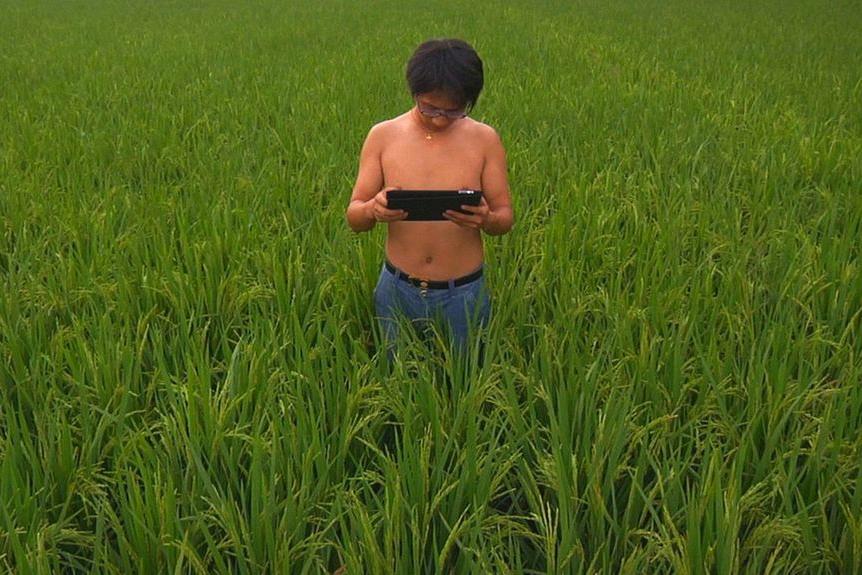Melbourne viewers were moved by the story of two Chinese citizen journalists who fight to report the truth under China’s communist regime, shown in a documentary played at the Human Rights Arts and Film Festival (HRAFF) this month.
Stephen Maing’s documentary High Tech, Low Life follows the journey of two Chinese citizen journalists, 27-year-old blogger Zola and 57-year-old Zhang Shihe, aka Tiger Temple, as they chronicle under-reported news and social issues while trying to leak the stories to the outside world.
The two journalists struggle against harassment, arrest, intimidation, and evictions to tell untold stories. Evelyn Tadros, co-founder of the HRAFF, praised the film for showing the positive outcomes of the journalists’ work in a difficult environment.
“I think that it was really important to show that film and [the] impact of Chinese censorship on the people,” said Ms Tadros.
Broadcasting uncensored news out of China is not impossible, but a highly dangerous pursuit against the state’s sophisticated systems of censorship, internet police and firewalls.
Audience members said they were moved by the prospect that China’s 1.3 billion people are not able to speak freely. “It is sad to see people suffering and [realise] people have no opportunities to speak out,” said Daniel Kagan, a mobile phone technician.
China employs over 40,000 internet police to monitor over 500 million internet users. Content found to run counter to Communist Party policy is routinely removed and blocked. Many cyber-dissidents, including bloggers, are imprisoned in China.
“Compared to [those living in] China, I don’t feel oppressed to speak my mind,” said freelance photographer Adrian Kristofferson after he watched the film.
Mr Kagan says the parting message of the film was positive, re-enforcing the idea that a few dedicated individuals could raise the flag for change. “It’s great to see in documentaries about China that civilians and people of China make a difference,” said Mr Kagan.
“There are over a billion people living in China, so just a tiny percentage of people who are trying to do something” can make a difference, he said.
The film has also received praise from critics like Au Review contributor Natalie Salvo, who called it an “illustrative and sensitive documentary”.
“High Tech, Low Life should prove an important piece in the educational puzzle as it deftly deals with the responsibilities, risks, rights and services of [citizen] journalists and should be shown in schools and universities everywhere,” Ms Salvo wrote.
In the film, Tiger Temple leaves the audience with a profound message: “Until the day that I die, I am just going to tell the truth.”



